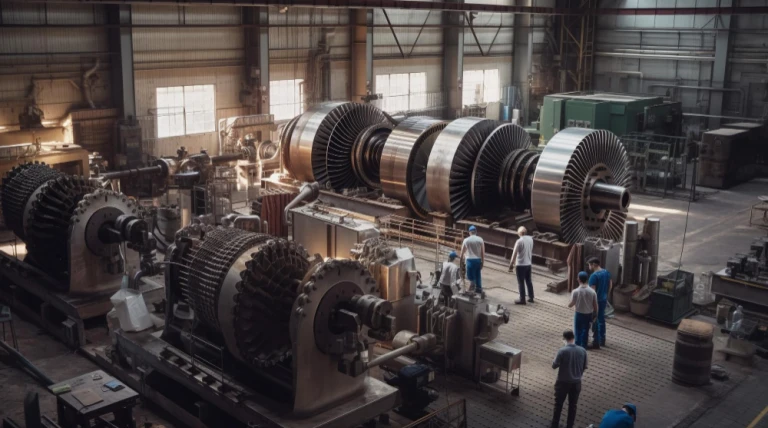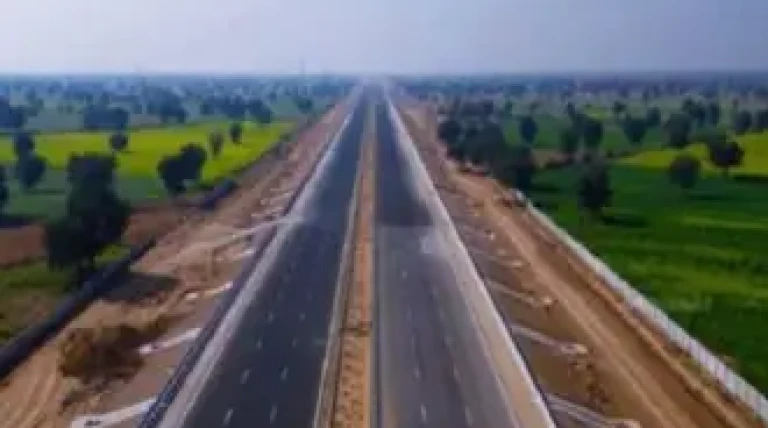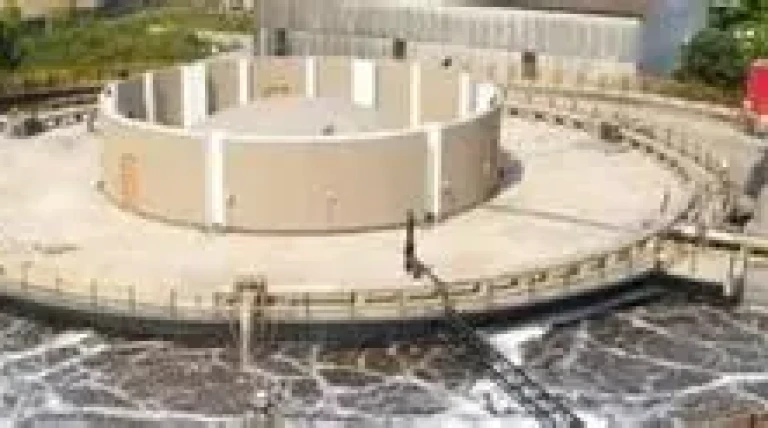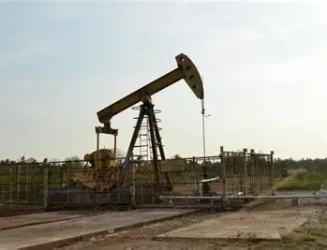Pawanputra Steels Private Limited's ambitious endeavor to establish a new Steel Manufacturing Unit in Wajirabad, Fatehgarh Sahib, Punjab, signifies a substantial investment of ₹30 Crore, with a commendable production capacity of 1,78,200 Tonnes Per Annum (TPA). However, crucial details such as the specific types of steel produced, raw materials utilized, production technology employed, waste management plans, employment generation potential, and project timeline are currently undisclosed. To gain a comprehensive understanding of the project's implications, stakeholders can explore avenues such as the company's website, Punjab Pollution Control Board (PPCB) resources, local news articles, and direct communication with Pawanputra Steels.
The steel industry serves as a cornerstone of India's infrastructure development, making it imperative to assess the project's contribution to regional and national needs. Moreover, ensuring compliance with environmental regulations and implementing responsible waste management practices are paramount for safeguarding the environment and community health. Additionally, exploring sustainable water management and energy efficiency options can further enhance the project's long-term environmental sustainability and operational efficiency.
As Pawanputra Steels embarks on its journey to establish the new Steel Manufacturing Unit, stakeholders must prioritize gathering comprehensive information to evaluate the project's viability, environmental impact, and socio-economic implications. By leveraging available resources and engaging with relevant stakeholders, including the company itself, stakeholders can ensure alignment with regulatory standards, environmental sustainability, and community welfare.
News by Rahul Yelligetti
![{[setting('site_name')]}](https://projxnews.com/uploads/setting/16983847711140531930.webp)












